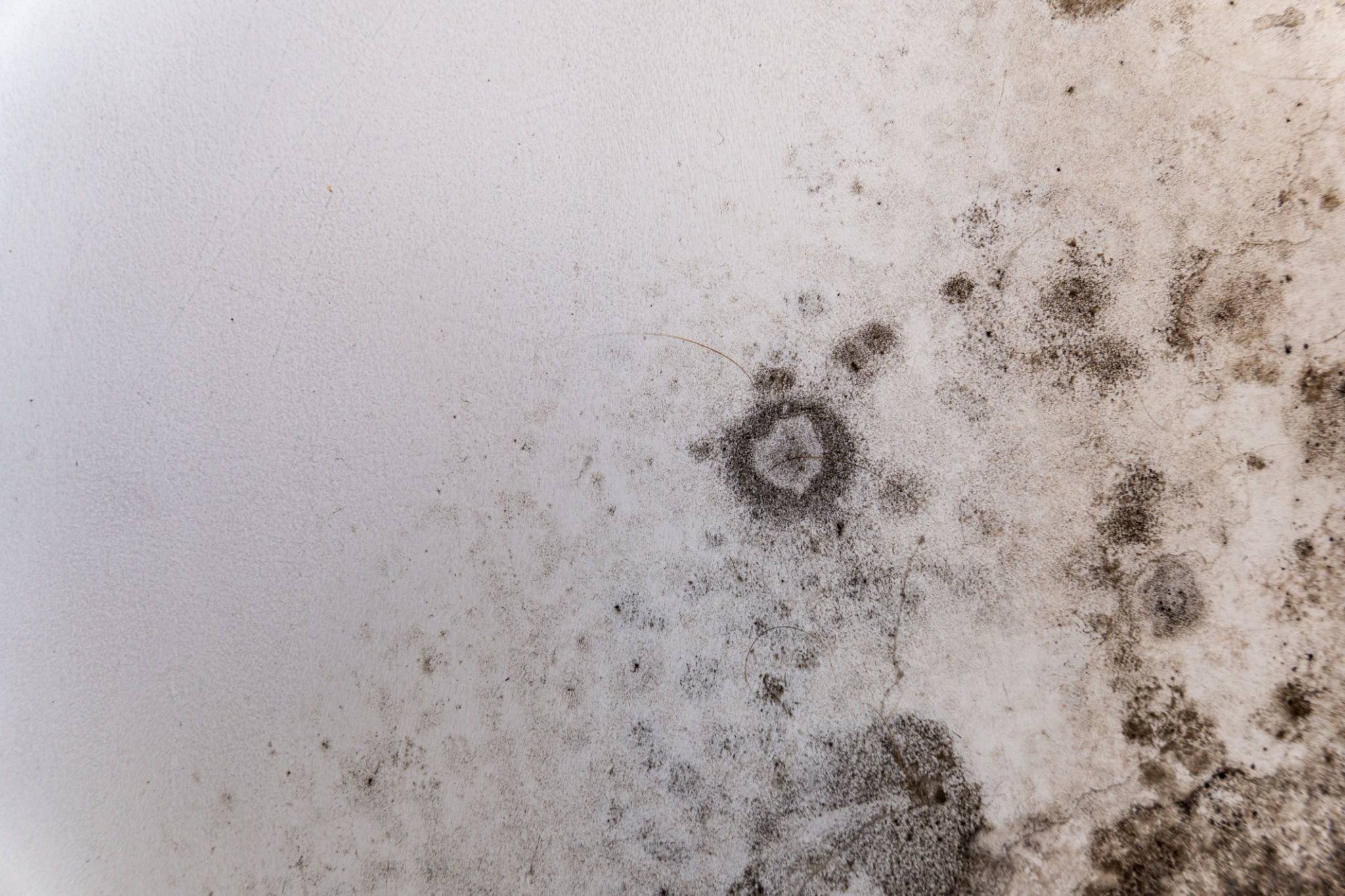Understanding Mold Lawsuits: What Florida Residents Need to Know
What is Mold and Why is it a Concern?
Mold is a type of fungus that thrives in moist environments. It can grow indoors on various surfaces, including walls, ceilings, and floors. While some molds are harmless, others can produce allergens and irritants, leading to potential health risks.
Exposure to mold can cause symptoms such as sneezing, coughing, skin irritation, and more severe respiratory issues for sensitive individuals. Understanding the implications of mold growth in your home is crucial, especially if you are considering legal action.

Understanding Mold Lawsuits in Florida
In Florida, mold-related lawsuits typically fall under property damage or personal injury claims. Homeowners and tenants may file lawsuits against property owners, landlords, or builders if negligence in maintenance or construction leads to mold growth.
Successful lawsuits generally require proving the presence of mold, its impact on health or property, and the responsible party's negligence in preventing or addressing the mold issue.
Steps to Take if You Discover Mold
Identifying and addressing mold issues early can prevent further damage and health problems. Here are some steps to consider:
- Document the Mold: Take photos and videos of the affected areas to have a record of the situation.
- Contact Professionals: Hire a certified mold inspector to assess the extent of the problem.
- Notify Responsible Parties: Inform landlords or property managers immediately if you are renting.

Legal Rights and Responsibilities
Florida law requires landlords to provide habitable living conditions, which includes being free from hazardous mold. Tenants have the right to demand repairs and even withhold rent under certain conditions if landlords fail to address mold issues promptly.
Homeowners may also have recourse against builders or contractors if poor construction practices lead to mold problems. It's important to be aware of your rights and responsibilities when dealing with mold-related disputes.
When to Consult an Attorney
If you're facing significant health issues or property damage due to mold, consulting an attorney experienced in mold litigation can be beneficial. They can help evaluate your case, gather necessary evidence, and represent your interests in court.
An attorney can also assist in negotiating settlements with insurance companies or other parties involved. Seeking legal advice early can strengthen your position in any potential lawsuit.

Mold Prevention Tips
Preventing mold growth is key to avoiding legal and health issues. Here are some tips:
- Control Humidity Levels: Use dehumidifiers and air conditioners to keep indoor humidity below 60%.
- Fix Leaks Promptly: Repair leaks in roofs, walls, or plumbing immediately to prevent moisture accumulation.
- Ensure Proper Ventilation: Use exhaust fans in kitchens and bathrooms to reduce moisture levels.
The Role of Insurance
Homeowners insurance policies often cover mold damage if it results from a covered peril like a burst pipe. However, standard policies might not cover damage due to neglect or poor maintenance.
Review your insurance policy carefully to understand what mold-related damages are covered. Consider purchasing additional coverage if necessary to protect your home against potential mold issues.
Conclusion
Mold can pose serious health and legal challenges for Florida residents. Understanding your rights and responsibilities, taking preventive measures, and seeking legal counsel when necessary are essential steps in managing mold-related issues effectively.
By staying informed and proactive, you can safeguard your home and health from the adverse effects of mold.
